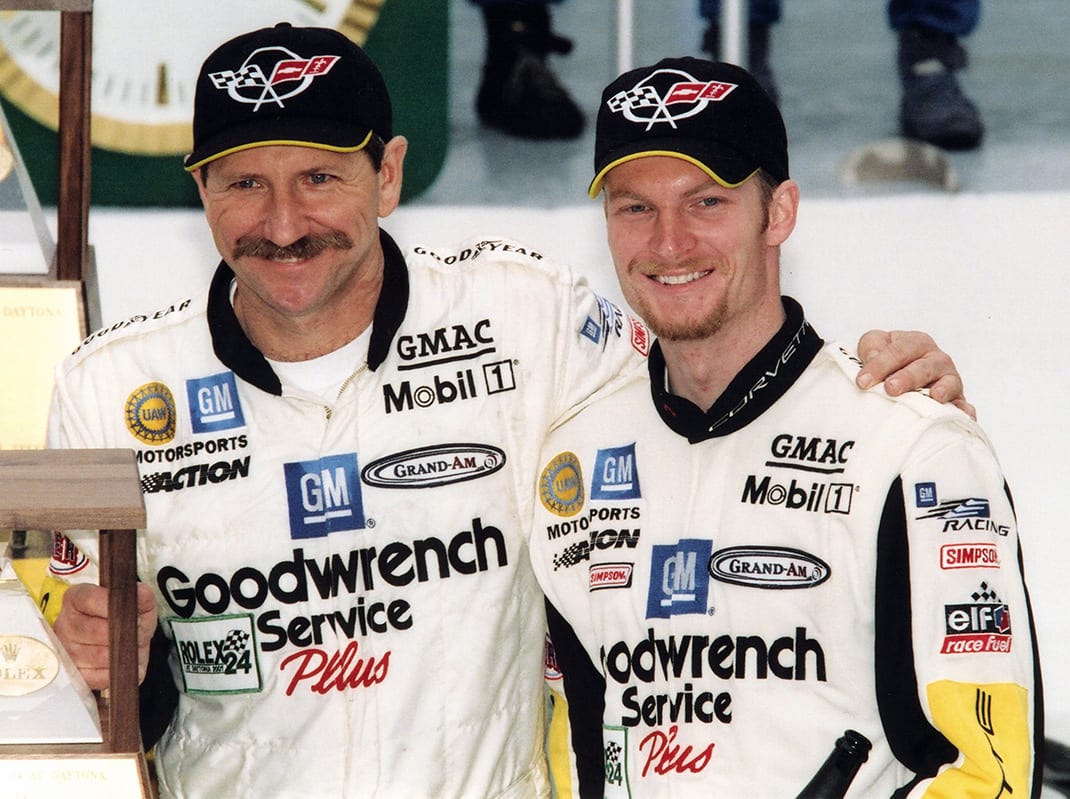Since Feb. 21, 1948, the day NASCAR was officially formed, families have been a huge part of its long and storied heritage. Fathers have often passed their love for stock car racing down to younger generations, which in many cases resulted in some of the most successful racing operations in the sport’s history.
For decades, the Allisons, Bakers, Earnhardts, Jarretts and Pettys were ultra successful in NASCAR’s premier series. Current Monster Energy NASCAR Cup Series drivers Ryan Blaney, Brad Keselowski, Chase Elliott and Austin and Ty Dillon are among the latest following a family heritage in the sport. Their fathers, Dave Blaney, Bob Keselowski, Bill Elliott and Mike Dillon, set the foundation for their sons to make their marks in stock car racing.
Here is a glimpse at a few of NASCAR’s iconic families.
Leading the list of successful father-and-son combinations in NASCAR is a trio of competitors who have enjoyed more success than any others.
The Petty name is so closely associated with NASCAR that those with a passive interest in the sport recognize them as NASCAR’s highest royalty. Father Lee Petty and sons, Richard and Maurice, were awarded prestigious places in the NASCAR Hall of Fame in 2010, ’11 and ’14, respectively. Their contributions have been immeasurable throughout NASCAR’s 70-year history.
Lee Petty began his driving career in 1949 and recorded 54 victories and premier series championships in 1954, ’58 and ’59. In 1964, he turned his attention to team ownership with Richard and Maurice Petty becoming drivers for the family operation. Maurice Petty started 26 races before becoming the team’s engine builder.

Richard Petty collected 200 victories and seven championships. He won 27 of 48 races in 1967, including 10 in a row. Richard Petty also won seven Daytona 500s.
Third-generation racer Kyle Petty praised his father during his NASCAR Hall of Fame induction.
“Richard Petty is multifaceted,” Kyle Petty said. “We all know who he is as a driver, but Richard Petty was also a teacher. I think he taught the sport a lot. As he came along, as the sport grew and changed, he was one of the first to embrace the media and understand what the media meant to the sport and to him and to sponsors as sponsors came into the sport. He taught that to the other drivers and he’s taught that to generations of drivers since then, to the Earnhardts, Labontes, Tony Stewarts of the day.
“The other thing I think my father taught to the drivers and to this sport was how to win but also how to lose,” Kyle Petty continued. “That’s an important part and an important thing to be. Richard Petty was the same win, lose or draw. Richard Petty was the same Monday, Thursday, Sunday afternoon, whether he was standing in victory lane with a check and trophy or whether he was riding home with a beat-up race car. He was the same. I think that even-keeled, that even temperament is something that we’ve all aspired to do as we came along in his footsteps and shadows to be the driver that he was.”
